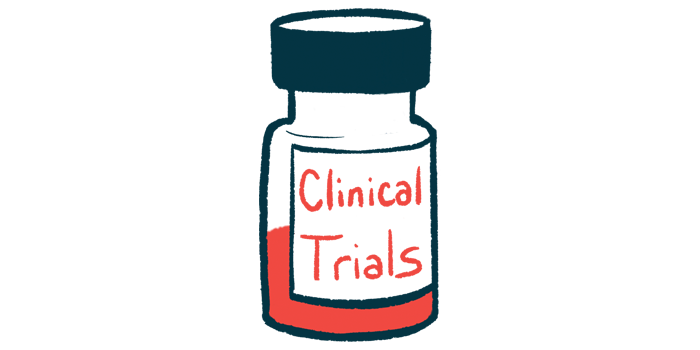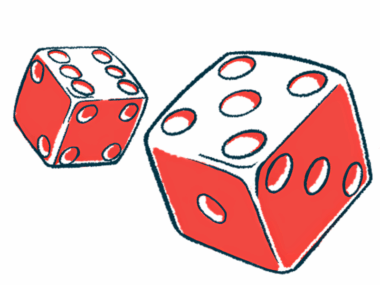Long-acting LY03009 to Begin Clinical Trials in China
Written by |

Clinical trials will begin soon in China to evaluate Luye Pharma’s LY03009, a once-a-month, extended-release investigational therapy to treat people with Parkinson’s disease.
A Phase 1 safety trial is underway in Australia, and the company said it also plans to begin clinical trials in the U.S.
Parkinson’s is characterized by the loss of brain nerve cells that produce dopamine, a molecule (neurotransmitter) that sends messages between nerve cells. A lack of dopamine causes motor symptoms such as tremors, muscle rigidity, imbalance, and abnormally slow movements, as well as non-motor symptoms, including sleep problems, cognitive impairment, and mood disorders such as depression.
The standard therapy for Parkinson’s is levodopa, a precursor to dopamine that is converted to the neurotransmitters in the brain as a replacement.
However, with long-term use of levodopa, most patients experience motor complications such as involuntary movements, called dyskinesia, as the medication loses effectiveness or wears off — s0-called “off” periods — before the next dose can be taken. As these symptoms advance, treatment poses additional challenges and can affect patients’ quality of life.
“With the progression of Parkinson’s disease as a common neurodegenerative disease, the symptoms will become worse, and the patients will need long-term care,” Yang Rongbing, president of Luye Pharma Group, said in a press release. “This presents a huge challenge to their quality of life and their family’s ability to take care of them.
“We want to provide a new treatment option for those patients, to help them reduce disease burdens and slow down disease progression, and to improve the quality of life for themselves and their family members,” Rongbing said.
LY03009 is a once-a-month, long-acting microsphere injection that provides continuous dopamine stimulation, which aims to delay levodopa treatment, provide long-term benefits, and slow disease progression.
The therapy is designed to improve motor symptoms by shortening the “off” periods, which would postpone the onset of dyskinesia and nighttime symptoms and improve non-motor symptoms. Moreover, because of its extended-release formulation, patients will need fewer treatments, which may simplify the treatment regimen and increase patient compliance.
The Phase 1 trial in Australia (NCT04593511) is an open-label study to evaluate the safety and tolerability of LY03009 in up to 40 healthy volunteers. The trial also will assess its pharmacokinetics — how the therapy moves into, through, and out of the body.
The approval was granted by the Center for Drug Evaluation of the National Medical Products Administration for clinical trials in China.



